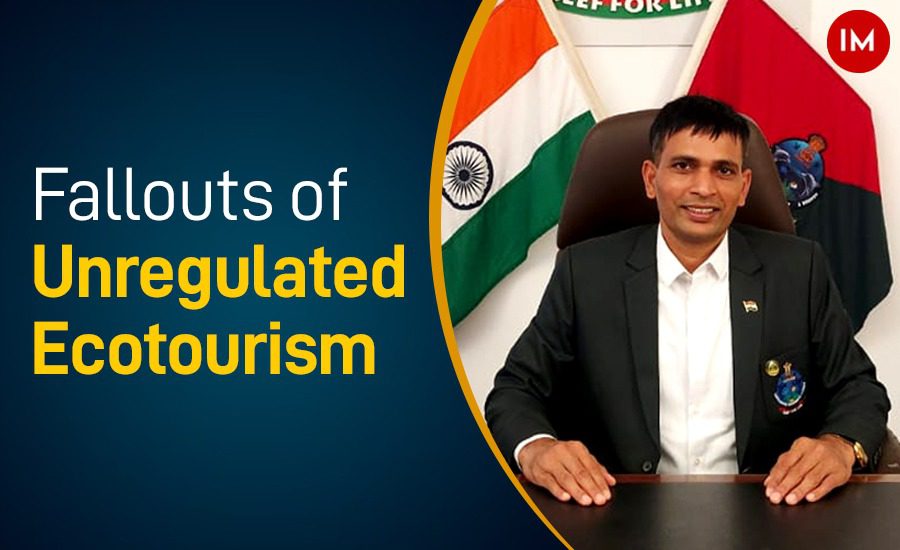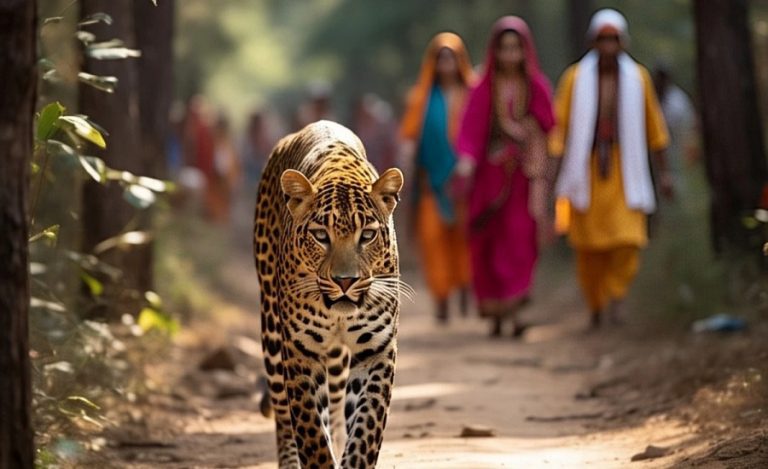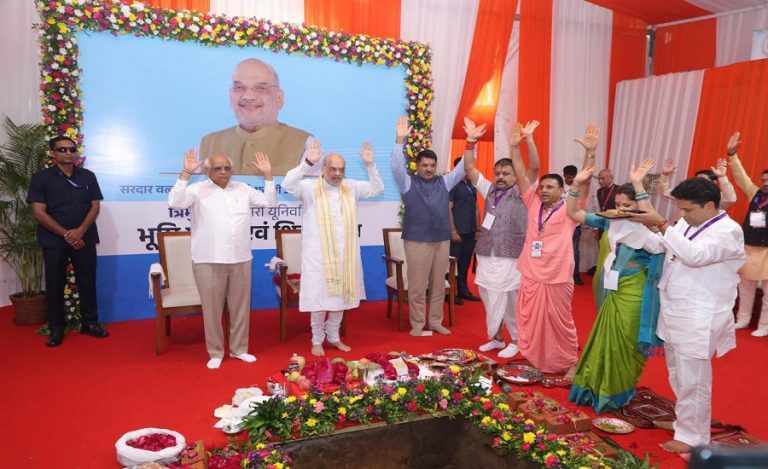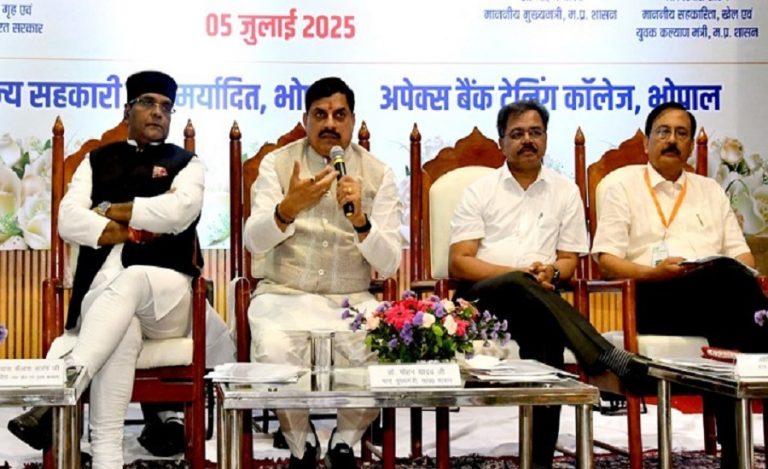Ecotourism in the true sense is ecologically friendly, locally beneficial, and socially responsible tourism in the wildlife protected areas. It typically involves travelling to the wild destinations where flora, fauna and cultural heritage are the primary attractions. Ecotourism is intended to offer tourists an insight into the impact of human beings on the ecologically sensitive areas, and also to understand and appreciate our natural habitats of wildlife. People will be able to know about the kind of efforts put in place for protection and conservation of such wildlife and their natural habitats.
NEGATIVE IMPACTS OF ECOTOURISM
There is no doubt that ecotourism has the potential to benefit wildlife conservation in a developing country like India, when managed responsibly. Over the years, India has seen a growth in ecotourism initiatives aimed at promoting wildlife conservation. However, the uncontrolled rush to a few National Parks, Wildlife Sanctuaries and Tiger Reserves beyond their carrying capacity for high chances of direct sighting of major wild animals like the tiger, lion and elephant, is becoming detrimental for the protection and conservation of wildlife.
The ecotourism in wildlife areas can cause significant disturbances to wild animals in their natural habitats. The uncontrolled and erratic movements of vehicles may frighten animals, especially at sensitive times of their life cycle and have an adverse effect during the breeding season of the animals.
Further, during recent days, many big multinational hotel chains and entrepreneurs have started investing more on creating commercial tourism infrastructures, including hotels and resorts, in private areas adjacent to the Protected Areas of major Wildlife Sanctuaries, National park and Tiger Reserves. Not only in hotel accommodation infrastructure, these entities are also creating many nature based adventure activities and using commercial safari vehicles, including gypsy services.
In a way, ecotourism is slowly moving towards commercial tourism and taking the benefits away from the local community who truly deserves the maximum share of these benefits. Places such as Ranthambore Tiger Reserve, Nagarhole Tiger Reserve, Periyar Tiger Reserve, Jim Corbett Tiger Reserve, Tadoba Tiger Reserve, Kanha Tiger Reserve, Kaziranga National Park, etc., are some of the highly congested ecotourism destinations in the country which are becoming more commercial in nature.
WAY FORWARD
Here are some ways in which ecotourism can positively impact wildlife conservation in the country:
1. Economic Value: Ecotourism should provide economic incentives for local communities and stakeholders to protect and conserve wildlife and their habitats. A fixed portion of the revenue generated from ecotourism activities should be used for funding conservation efforts, including anti-poaching measures and habitat restoration works.
2. Awareness and Education: Ecotourism should involve guided safaris, which can educate visitors about the importance of wildlife conservation and the need to protect fragile ecosystems. This increased awareness is required for greater public support for conservation initiatives.
3. Local Community Involvement: Ecotourism should involve local communities in all the conservation efforts, making them active stakeholders in protecting wildlife and natural resources. When the local people start realizing the direct benefit from ecotourism activities, they will be more likely to be motivated to protect wildlife and their natural habitats.
4. Creation of Sustainable Livelihood Opportunities: As far as possible, the ecotourism initiatives should engage local community people for all the works, such as tourist guide, accommodation helpers, vehicle divers, etc., so that the maximum people from the local community will get sustainable livelihood opportunities and subsequently all these people will have a sense of ownership responsibility for continuing the initiatives on a regular basis.
5. Regulation and Monitoring: Responsible ecotourism requires adherence to strict guidelines to minimize negative impacts on wildlife and their habitats. This often leads to better regulation and monitoring of tourist activities in sensitive areas, which can help in safeguarding wildlife and their natural habitats.
6.Preservation of Habitats: Ecotourism operators are often incentivized to protect and preserve the natural habitats of wildlife, as these environments are the main attraction for tourists. This protection indirectly benefits the wildlife that relies on these habitats.
7. Support for Protected Areas: Many ecotourism activities are conducted in and around protected areas like national parks and wildlife sanctuaries. The revenue generated from ecotourism can be directed towards improving infrastructure and management of these protected areas, thereby enhancing their ability to conserve wildlife.
SUSTAINABLE APPROACH NEEDED
In order to ensure ecotourism’s positive contribution to wildlife conservation, it is crucial to have a well-planned and sustainable approach that involves collaboration between government agencies, local communities, and private tour operators. By striking a balance between conservation efforts and tourism related activities, ecotourism can play a significant role in protecting India’s rich wildlife heritage and biodiversity along with its natural habitats. Ecotourism, if not properly regulated, it can become a threat to the very wildlife and ecosystems it aims to protect

































